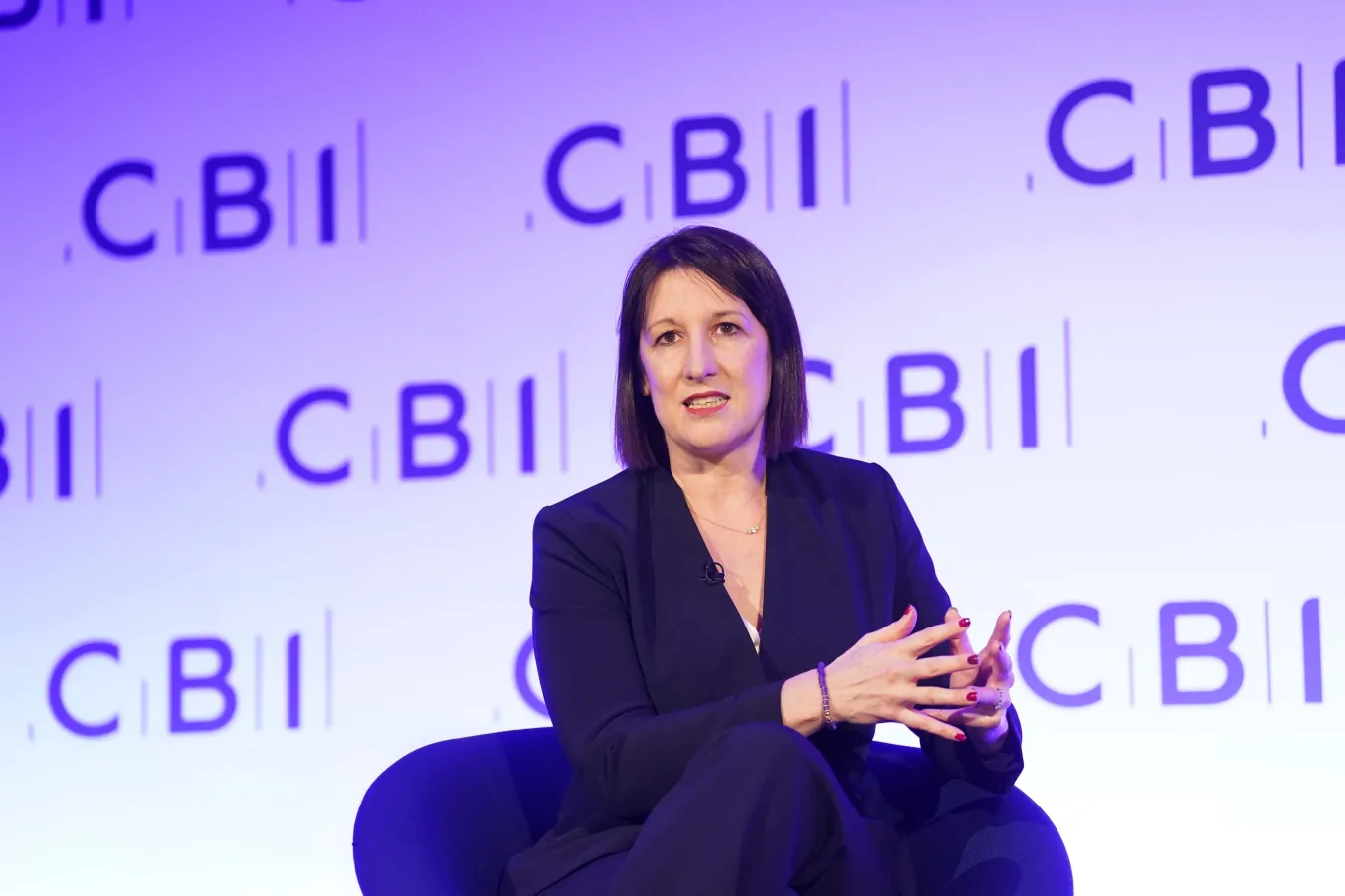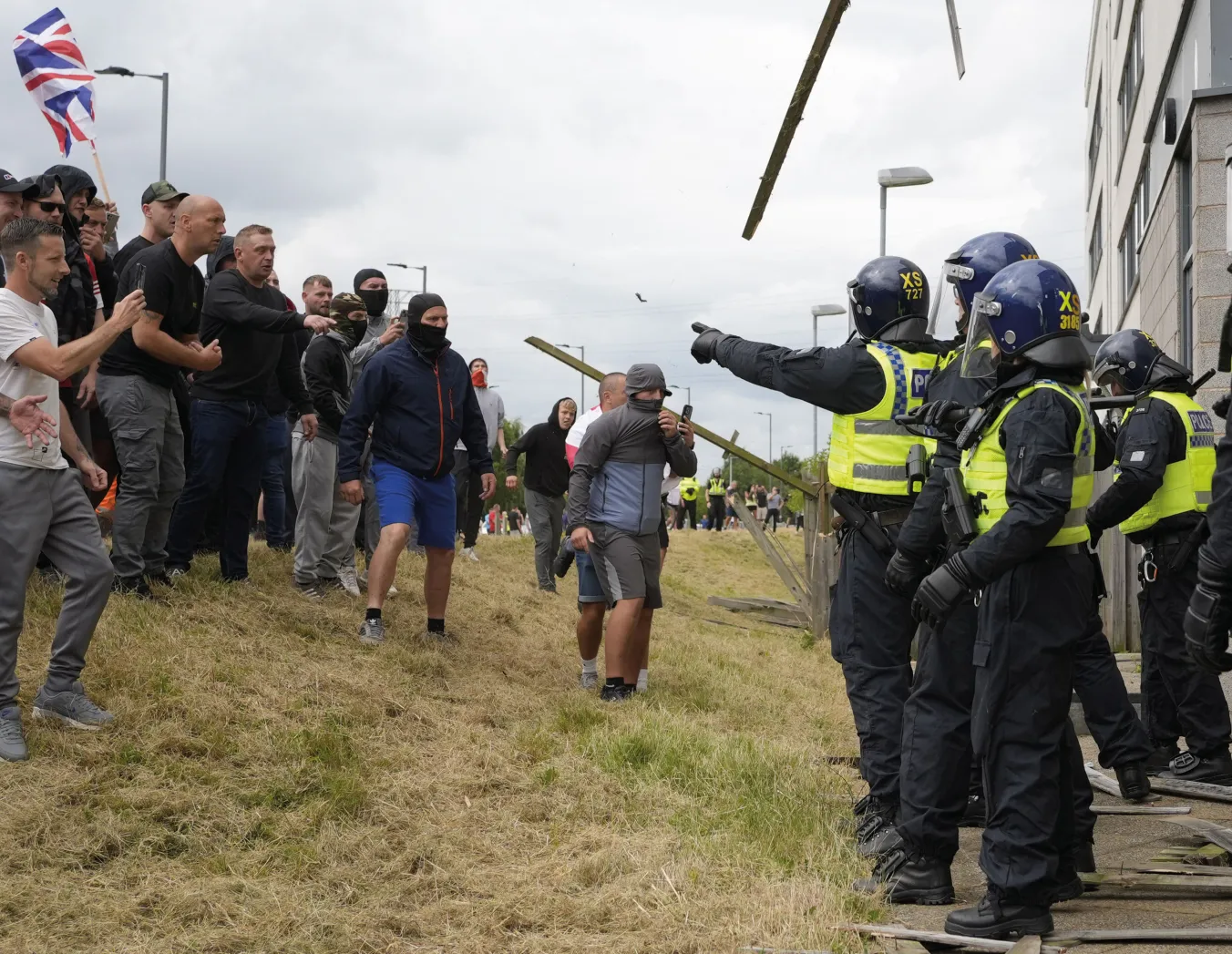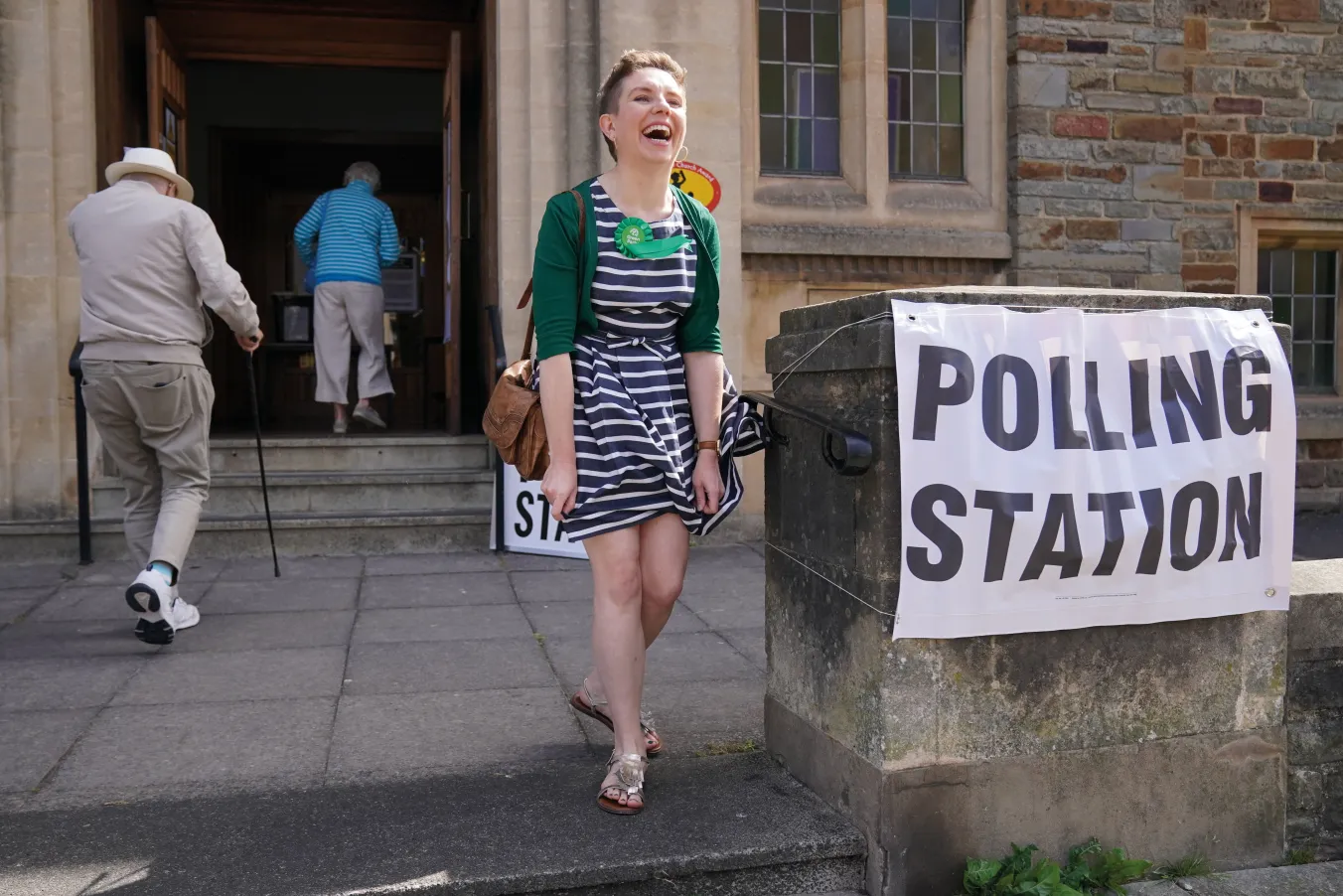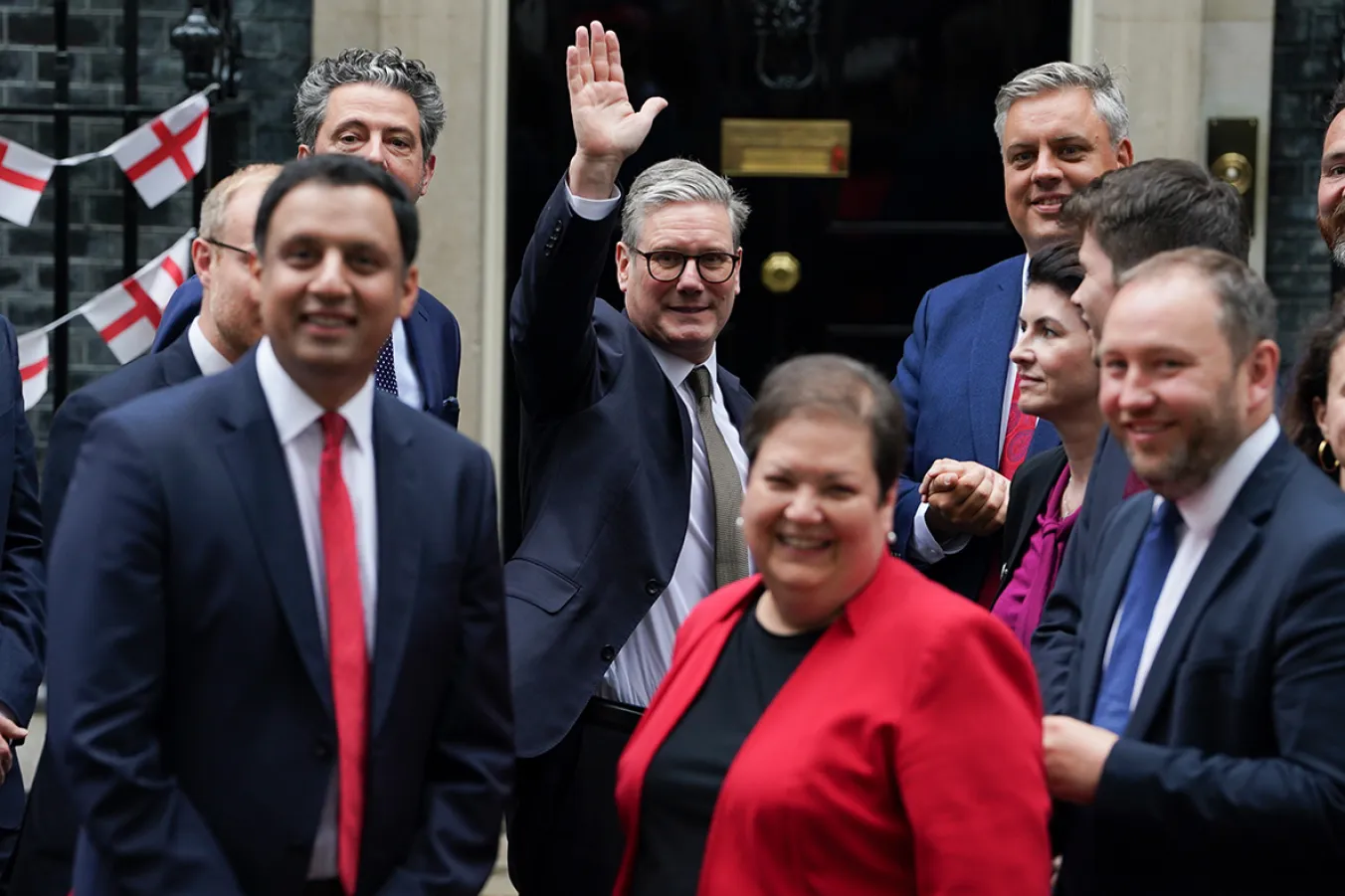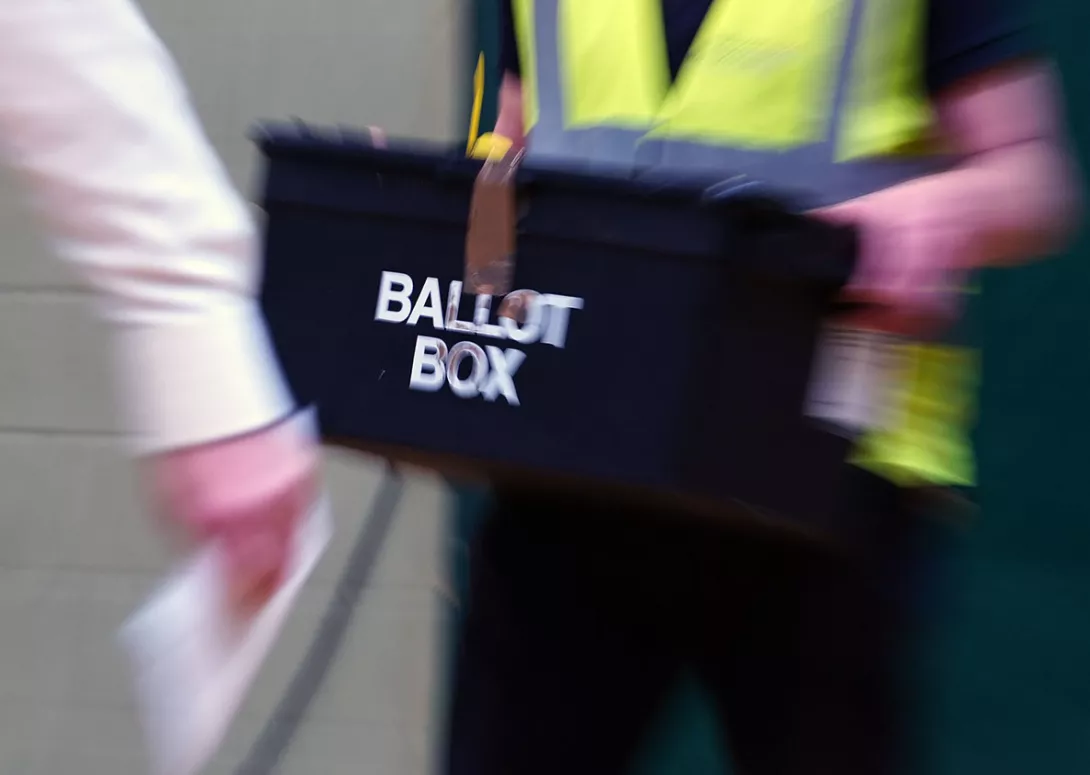
LAST WEEK’S local election results were widely and rightly portrayed as a disaster for the Conservatives and a sign that Britain is desperate for change.
Rishi Sunak’s party lost more than half the seats it was trying to hold, along with a slew of councils and mayoral contests — and lost heavily even in mayoral contests it managed to defend, such as Tees Valley. But in fact, the Tories only went backward slightly in terms of overall vote share compared to their already-poor performance, with “national equivalent vote” predictions putting the Tories on 27 per cent.
But while the results showed clearly that British voters want change, there was no landslide to Labour. While Keir Starmer’s party picked up seats, according to political scientist John Curtice, the party went backwards compared to a year ago and recent polling giving Labour as much as 47 per cent of the Westminster vote turned into a projected 34 per cent when voters went to the actual ballot box, just 7 per cent ahead of the Tories. On the equivalent measure, Tony Blair’s Labour was more than 20 points ahead of the Tories in 1995, before the 1997 general election landslide.


